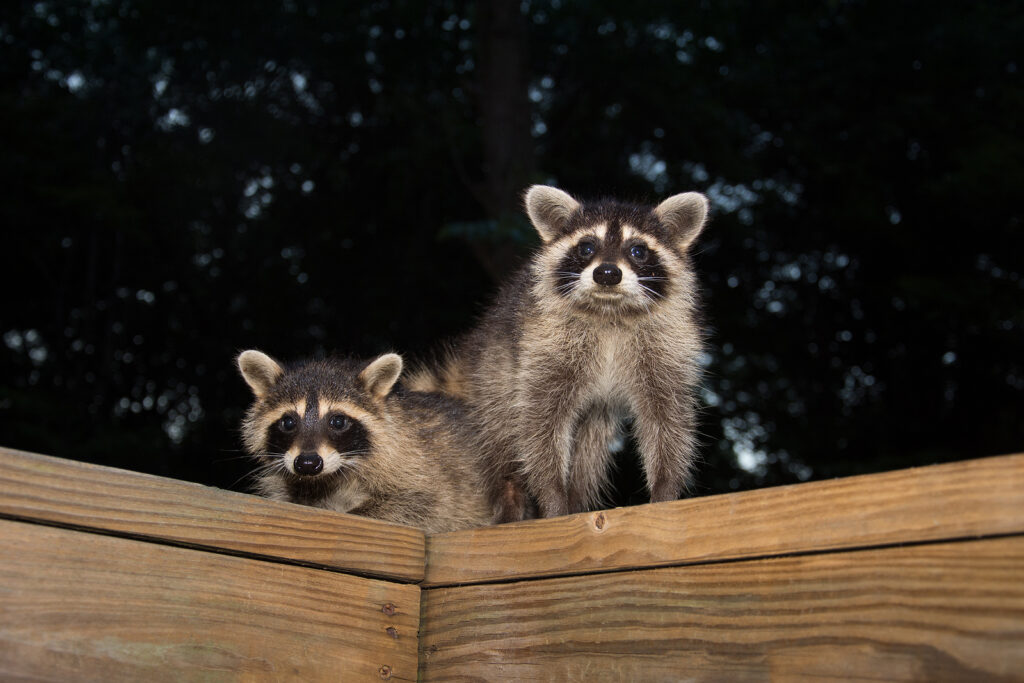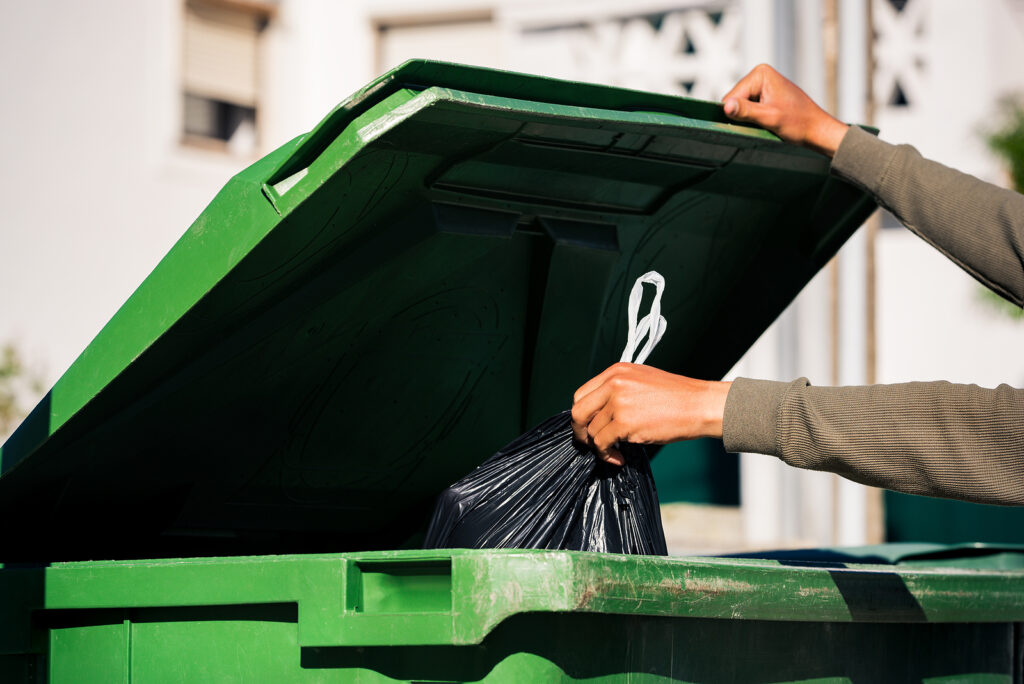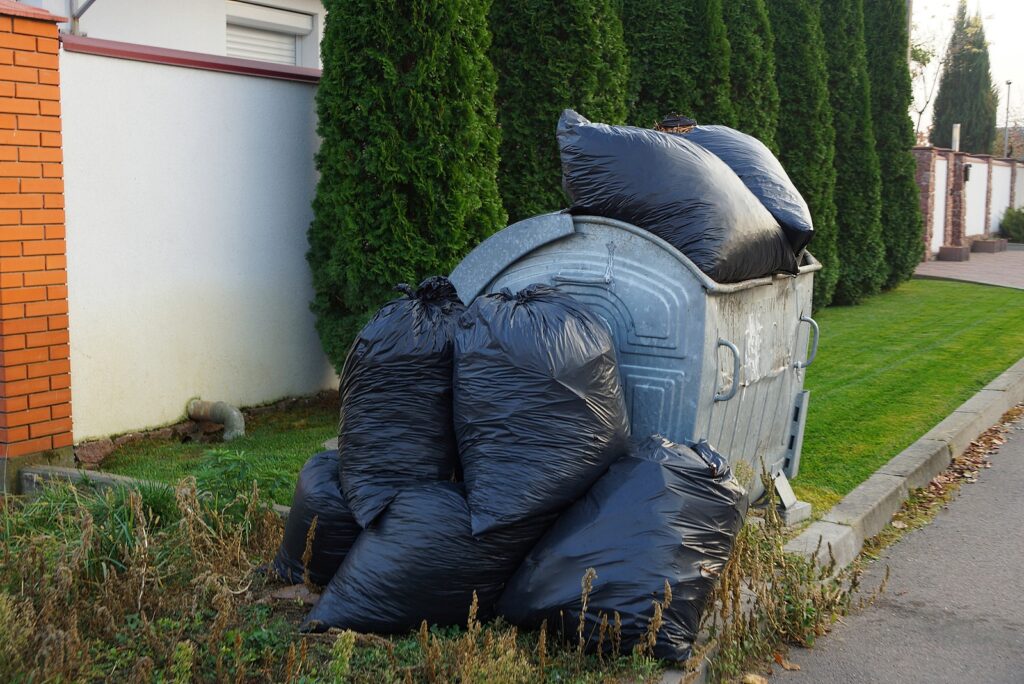Raccoons – those nocturnal, masked creatures that rummage through our garbage cans in the dead of night. They may appear cute and harmless at first glance, but to an unsuspecting homeowner, these furry invaders can become a living nightmare. Raccoons can cause significant damage to homes and gardens and pose potential health risks.
So, how do we handle this issue? This blog post will delve into practical, humane, and proven methods of raccoon control, from early detection to removal and ensuring they don’t return. We will explore different types of raccoon repellents and give you the information you need to reclaim your home from these uninvited guests. So, roll up your sleeves, let’s dive in and learn how to give raccoons their marching orders.

Early Detection of Nuisance Raccoon Activity is Key
The first step to dealing with a raccoon infestation is to detect it early. Raccoons have a wide range of habitats – from parks and woodlands to urban areas like our homes and gardens. If you spot any signs of raccoons in your area, take action immediately before the issue worsens. Signs of an active raccoon infestation include:
► Raccoons rummaging through your garbage cans
► Raccoon tracks or droppings (scat) in your yard
► Unexplained damage to plants, equipment, or property
► Strange noises coming from beneath decks or sheds
Humane Removal and Prevention Strategies
The next step is to humanely remove the raccoons from your property. There are several options available, including live trapping, exclusion barriers, and one-way doors. Live trapping involves setting up a cage trap with bait near where you’ve spotted them, then transporting the trapped animal to a safe location far away from your home. Exclusion barriers keep raccoons out by blocking their access to your property – these involve sealing off any entry points in foundations, vents, and sheds. One-way doors are also effective when properly installed. A one-way door allows raccoons to exit the structure but not enter it again.
All of these methods should only be carried out by a licensed and insured wildlife control operator. There are state and federal laws that prohibit homeowners from removing, trapping, killing, or transporting wildlife on or off of their property.
Raccoon Proofing
Once the raccoons have been removed, it’s important to take preventative measures to ensure they don’t come back. Take away their food sources by securely storing your garbage and pet food, cover up chimneys or vents that they could gain access to, and trim back any shrubbery near your property that might shelter them. You should also raccoon proof your gardens. Raccoons love to pillage them. Plant marigolds or cucumbers around your beloved garden beds to thwart curious and hungry raccoons!
Raccoon Repellent
If you’re looking for a more natural solution, raccoon repellents can be used to deter raccoons from entering your property. Commonly used repellents include ammonia, mothballs, and cayenne pepper. You can also use scent-based products such as coyote urine or predator urine; these mimic the smell of a potential threat and will make raccoons think twice before coming close to your property.
It’s important to note that while repellents can be effective, they should only be used as temporary solutions and do not guarantee permanent results. Repellents must also be reapplied regularly in order to remain effective. Keep pets and kids away from treated areas.
Final Thoughts
Raccoons can be difficult to deal with, but by following the steps outlined in this blog, you should be able to effectively remove and keep them away from your property. Remember that dealing with any animal requires patience and care, so don’t resort to violence or harsh tactics – choose a humane approach instead!
Raccoon control is important if you have spotted them around your property. Don’t hesitate to take action if you have a raccoon problem! Indiana Raccoon Removal offers raccoon removal and control services in Indianapolis to help protect your home or business from these pesky critters. Contact us at 317-535-4605 for a free quote, today!
Related Posts:
How to Racoon Proof Your Home in 5 Easy Steps
How Raccoons Live in Urban Areas
How to Get Rid of Raccoons in the Attic





